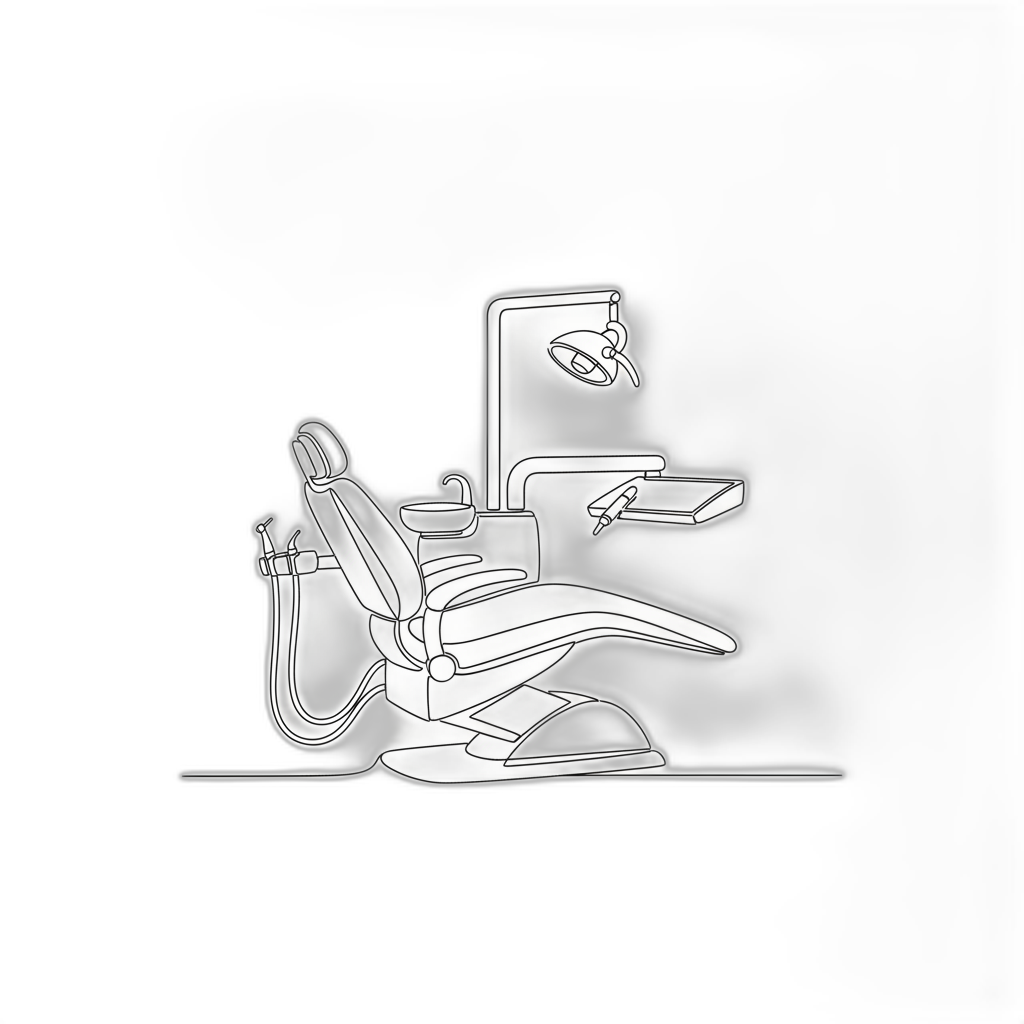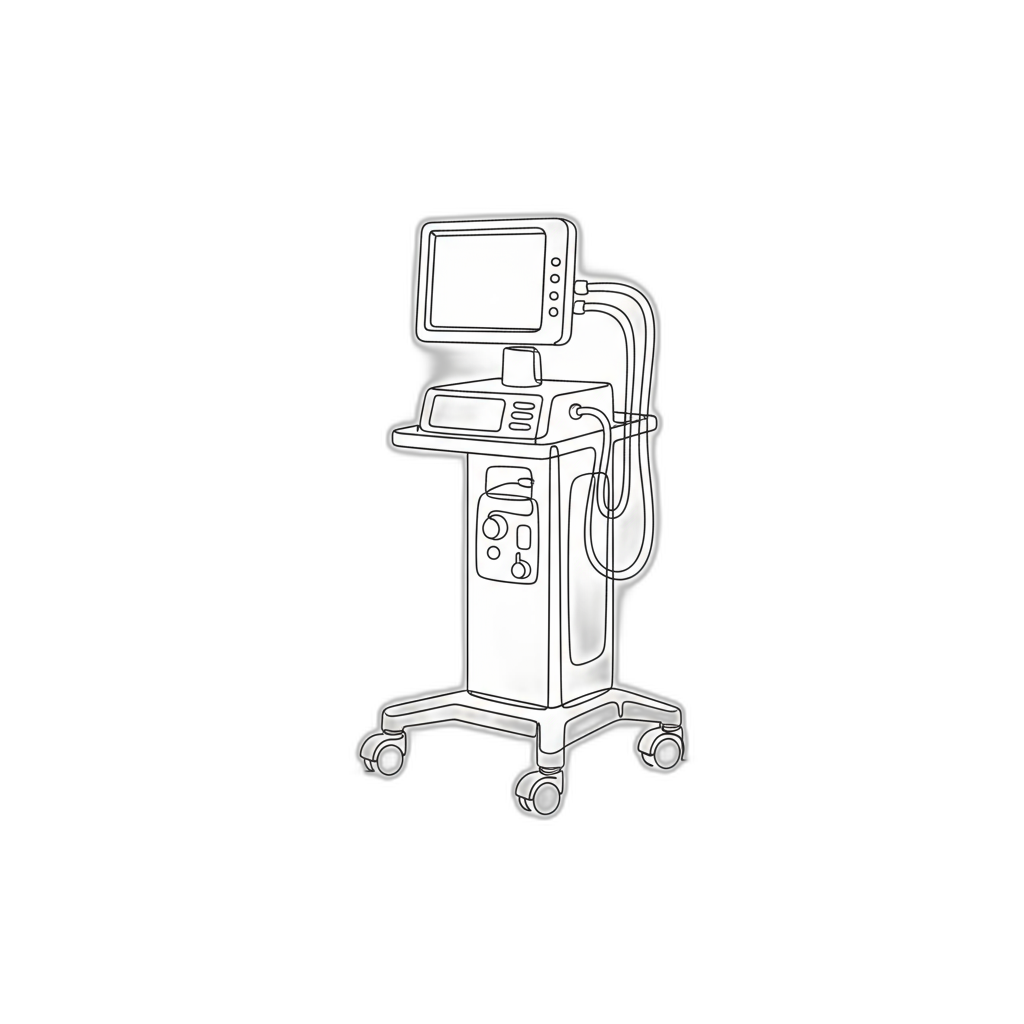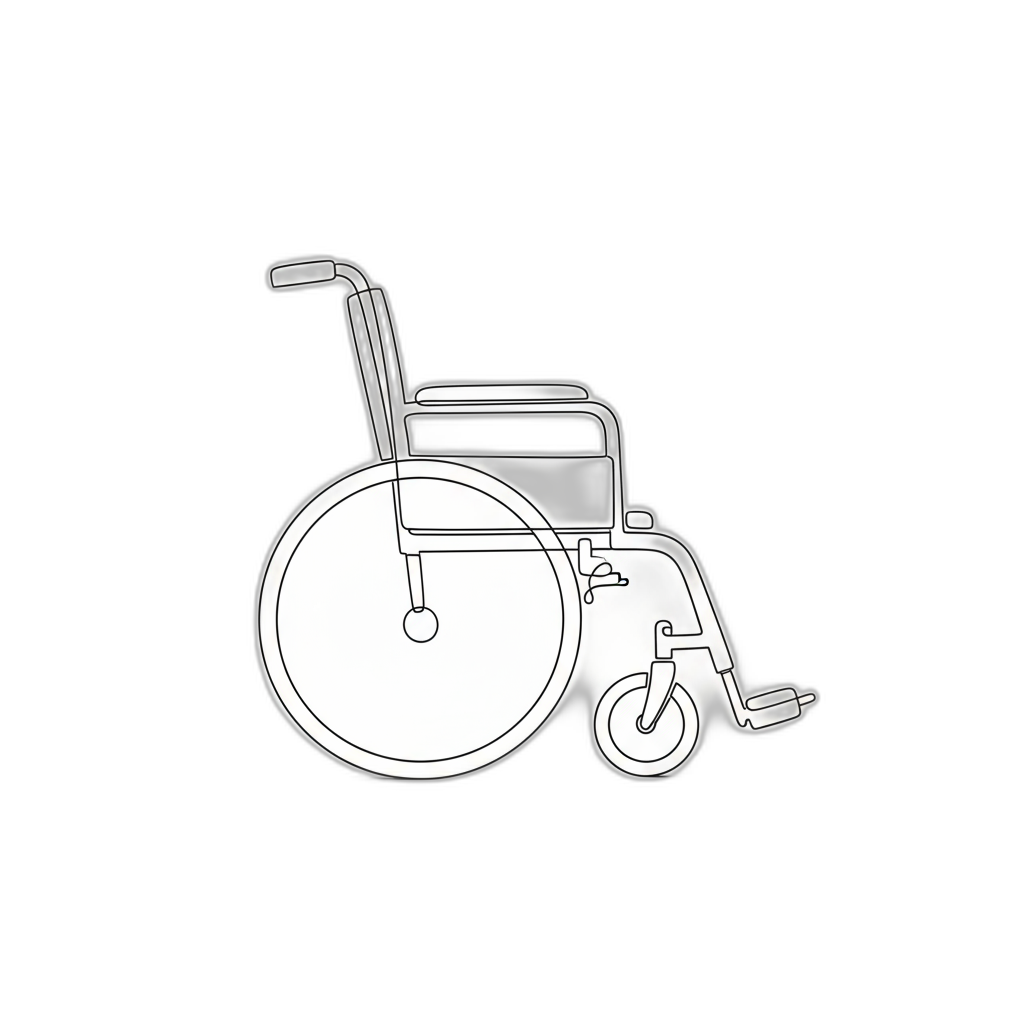






5-Star Service, Trusted & Loved by Hundreds
Your Appraiser Search Ends Here
Your Appraiser Search Ends Here
.avif)

Nationwide Coverage – Appraisals Anywhere in the US

Get it done Onsite or Online

Any Asset, Covered

Defensible for Any Purpose
Frequently Asked
Questions
No Frequently Asked Questions Found.
At its core, Medicaid planning involves careful asset management and strategic financial positioning. The primary objectives include qualifying for Medicaid benefits, protecting accumulated wealth, and ensuring access to necessary medical and long-term care services without exhausting personal resources.
The process encompasses several critical components. Asset protection stands as a fundamental strategy, involving careful evaluation and potential restructuring of savings, real estate, and investments to align with Medicaid's complex eligibility guidelines. Income management is equally crucial, with techniques designed to optimize financial positioning while adhering to program regulations.
Estate planning plays a significant role in this approach, integrating Medicaid considerations with broader financial goals. This may involve creating specialized trusts, implementing targeted gifting strategies, or utilizing legal mechanisms that protect assets while maintaining program compliance.
Exempt assets represent another important aspect of Medicaid planning. Certain properties, such as primary residences and specific personal belongings, can be strategically preserved while navigating eligibility requirements. Understanding these nuanced exemptions can provide substantial financial protection.
Crisis planning emerges as a critical component for those facing unexpected long-term care needs. This approach focuses on rapid strategies to meet eligibility requirements and protect assets when immediate care becomes necessary.
Given the complexity of Medicaid regulations, professional guidance becomes invaluable. Experienced elder law attorneys and financial advisors can provide personalized strategies tailored to individual circumstances, ensuring comprehensive protection and maximizing potential benefits.
Ultimately, Medicaid planning represents a proactive approach to financial and healthcare security. By understanding and strategically navigating program guidelines, individuals can maintain financial dignity while accessing essential care services.
A comprehensive appraisal provides an objective and legally recognized assessment of asset values, which directly impacts Medicaid qualification. These professional evaluations establish fair market value for real estate, personal property, and other significant assets, offering a clear snapshot of an individual's financial landscape.
By obtaining a detailed appraisal, individuals can make informed decisions about asset management. The valuation helps identify potential strategies such as strategic asset transfers or spending plans that align with Medicaid's strict regulatory guidelines. This proactive approach enables applicants to optimize their financial positioning while maintaining compliance with program requirements.
During the Medicaid application process, accurate documentation becomes essential. A professional appraisal serves as authoritative evidence, supporting the applicant's financial representation and potentially expediting the review process. The detailed assessment helps Medicaid caseworkers quickly and confidently evaluate an individual's eligibility.
Furthermore, a professionally prepared appraisal creates a protective documentation layer. In scenarios where asset values might be challenged, the appraisal stands as an impartial, expert-verified record of an asset's worth. This documentation can prevent potential disputes and provide clarity during the complex Medicaid planning journey.
Ultimately, a strategic appraisal is more than a simple valuation—it's a comprehensive financial planning tool that empowers individuals to navigate Medicaid's intricate requirements with confidence and precision.
The valuation encompasses a holistic examination of the equipment's current condition, operational functionality, technological relevance, and potential market demand. Professional appraisers conduct an in-depth analysis that goes beyond simple numerical calculations, integrating complex considerations such as equipment age, technological sophistication, compliance with current healthcare standards, and potential future utility.
Specialized appraisers utilize advanced methodological approaches to establish an accurate and defensible valuation. This involves extensive market research, comparative analysis of similar equipment, thorough inspection of physical and operational characteristics, and careful consideration of industry-specific depreciation standards.
The appraisal process considers multiple dimensions that impact equipment value, including technological obsolescence, maintenance history, regulatory compliance, and potential for future use. Each piece of medical equipment is evaluated with precision, recognizing that medical technology represents a significant financial investment for healthcare institutions.
These comprehensive assessments serve critical functions across the healthcare ecosystem, providing essential insights for financial planning, asset management, insurance documentation, and strategic decision-making. By offering an objective, detailed evaluation, medical equipment appraisals enable healthcare organizations to make informed choices about their technological resources and investments.
Clients can initiate an online appraisal by submitting detailed documentation about their medical equipment. This typically includes high-resolution photographs, precise model numbers, equipment specifications, and a comprehensive description of its current condition. Professional appraisers utilize these digital submissions to conduct thorough and reliable assessments.
Advanced digital platforms now enable interactive appraisal experiences through video conferencing technologies. These virtual consultations allow direct communication between appraisers and clients, facilitating real-time equipment demonstrations and immediate clarification of technical details. Such approaches ensure a transparent and comprehensive valuation process.
Every online medical equipment appraisal adheres to the Uniform Standards of Professional Appraisal Practice (USPAP), guaranteeing professional integrity and compliance across different states. The digital methodology maintains the same rigorous standards as traditional in-person assessments, providing clients with reliable and legally recognized valuation documentation.
The online appraisal process offers significant advantages, including convenience, reduced wait times, and broader accessibility. Clients can now receive professional equipment valuations from anywhere, streamlining what was once a complex and time-consuming process.
Different types of appraisers bring unique perspectives and skill sets to their evaluations. Clinical appraisers concentrate on equipment actively used in patient care environments, examining performance, technological capabilities, and regulatory adherence. They often develop expertise in specific domains like diagnostic imaging, surgical technologies, or patient monitoring systems.
Financial appraisers apply a quantitative lens, analyzing market dynamics, economic trends, and potential return on investment. Their assessments are particularly valuable for healthcare organizations seeking precise valuation for resale, financial reporting, or strategic asset management.
Technical appraisers leverage deep engineering and technical knowledge to comprehensively assess medical device functionality. They scrutinize equipment age, maintenance history, operational performance, and technical specifications to determine comprehensive market value.
Regulatory appraisers specialize in ensuring medical equipment meets stringent health and safety standards. Their evaluations consider compliance history, certification requirements, and alignment with current regulatory frameworks, providing crucial insights for healthcare providers navigating complex compliance landscapes.
Estate appraisers focus on medical equipment valuation during asset distribution scenarios, such as professional retirement or estate settlements. They provide objective, market-aligned assessments that support fair and accurate asset valuation.
The selection of an appropriate medical equipment appraiser depends on the specific evaluation objectives, ensuring stakeholders receive precise, contextually relevant valuations that support informed decision-making.
Financial reporting relies heavily on accurate equipment valuation. By establishing precise current market values, healthcare providers can optimize depreciation calculations, enhance asset management strategies, and create more transparent financial statements. This precision supports better budgeting and resource allocation decisions.
Taxation compliance represents another crucial aspect of medical equipment appraisals. When organizations consider equipment donations or need to document asset values, a professional appraisal becomes indispensable. These assessments help prevent potential tax complications and ensure regulatory adherence, particularly for donations exceeding specific monetary thresholds.
Insurance coverage requires meticulous valuation to protect significant medical equipment investments. An accurate appraisal guarantees that insurance policies genuinely reflect replacement costs, mitigating risks of underinsurance during potential loss, damage, or theft scenarios.
Legal proceedings often demand objective third-party equipment valuations. Whether resolving partnership disputes, managing organizational transitions, or navigating complex litigation, a professional appraisal provides authoritative documentation of asset worth, facilitating fair negotiations and informed decision-making.
Mergers, acquisitions, and equipment transactions also benefit significantly from comprehensive appraisals. Buyers and sellers can establish fair market values, negotiate confidently, and understand the true economic implications of medical equipment investments.
By embracing systematic medical equipment appraisals, healthcare organizations transform asset evaluation from a routine administrative task into a strategic management tool that supports financial integrity, operational efficiency, and long-term organizational planning.
Understanding Medical Equipment Appraisals
Medical equipment appraisals are essential for determining the fair market value of medical devices and equipment, especially in the context of Medicaid planning. This process involves a thorough examination of the equipment's condition, age, and relevance to current clinical practices. Accurate appraisals can significantly impact financial planning, as they help individuals make informed decisions about asset management and eligibility for Medicaid assistance.
Understanding the nuances of medical equipment appraisals is crucial for anyone navigating the complexities of long-term care funding. Medical equipment can vary widely in type, from wheelchairs and hospital beds to diagnostic machines and surgical instruments, each requiring specialized knowledge for an accurate assessment. An experienced appraiser not only evaluates the physical characteristics of the equipment but also considers the potential resale value and compliance with healthcare regulations.
In the context of Medicaid planning, timely and precise appraisals can prevent complications that may arise during asset assessment processes. Properly evaluated equipment ensures that clients meet the necessary financial criteria while safeguarding their assets for future needs. As individuals prepare for potential healthcare costs, understanding the appraisal process and its implications can lead to more strategic and effective asset management.
Importance of Medical Equipment Appraisals in Medicaid Planning
Medical equipment appraisals play a crucial role in Medicaid planning, serving as an important tool for individuals looking to qualify for benefits while preserving their assets. These appraisals provide an accurate assessment of the fair market value of medical equipment, which can significantly impact an individual's eligibility for Medicaid. Since Medicaid has stringent asset limits, understanding the value of equipment can help families navigate the complex financial landscape effectively.
Accurate appraisals are essential not only for determining Medicaid eligibility but also for safeguarding against unnecessary asset depletion. Many individuals may own valuable medical equipment that could be overlooked during the planning process, leading to unintended consequences. A comprehensive appraisal helps ensure that all assets, including medical devices such as wheelchairs, hospital beds, and other assistive technologies, are accounted for properly, offering a clearer picture of one's financial standing.
In addition to aiding in eligibility determination, medical equipment appraisals can also facilitate smoother transitions into long-term care or assisted living arrangements. By providing a clear valuation, families can make informed decisions about selling, donating, or maintaining equipment, thereby maximizing their financial resources. Overall, prioritizing medical equipment appraisals in Medicaid planning not only fosters financial well-being but also enhances the quality of care individuals receive during critical phases of their lives.
Types of Medical Equipment Commonly Appraised
Medical equipment appraisals encompass a wide range of items, including durable medical equipment (DME), assistive technology, and specialized devices tailored for specific medical conditions. Commonly appraised equipment includes wheelchairs, hospital beds, oxygen concentrators, and diagnostic machines like ultrasound and X-ray machines. Each of these items has its own set of value considerations, from age and condition to market demand and regulatory standards, making expert evaluation essential for accurate appraisal in the context of Medicaid planning.
In addition to standard DME, certain high-value items such as surgical instruments and advanced medical technology, including robotic surgery systems, may also require appraisals. These pieces of equipment often represent significant investments for healthcare facilities and play a critical role in patient care. Understanding the nuances of varying equipment types and their respective markets can help stakeholders make informed decisions when navigating Medicaid eligibility and planning, ensuring compliance and optimal asset utilization.
Factors Influencing the Value of Medical Equipment
The value of medical equipment can be significantly influenced by several factors, including its age, condition, and functionality. Equipment that is newer and well-maintained typically commands a higher market value, as it is more likely to meet current healthcare standards and regulatory requirements. Additionally, specialized or advanced models designed for specific medical applications can add to the equipment's overall worth, particularly if they are in good working condition and have a proven track record of performance in clinical settings.
Another important factor is the original purchase price and any depreciation that may have occurred over time. Medical equipment often depreciates based on usage and advances in technology, which can impact resale value. Moreover, market demand plays a crucial role; equipment that is in high demand due to emerging healthcare trends or shortages can see a spike in value. Understanding these dynamics is essential for an accurate appraisal, especially when planning for Medicaid eligibility, as the value of owned medical equipment may affect financial assessments and asset evaluations.
The Appraisal Process: Step-by-Step Guide
The appraisal process for medical equipment typically begins with the selection of a qualified appraiser who specializes in healthcare assets. This expert evaluates the specific type of equipment, taking into account its condition, market demand, and compliance with relevant medical standards. Clear communication with the appraiser about the purpose of the appraisal, such as Medicaid planning, is vital to ensure that the assessment aligns with regulatory requirements.
Next, the appraiser conducts a thorough assessment of the medical equipment. This includes inspecting its physical state, reviewing maintenance records, and understanding its functional capabilities. The appraiser may also analyze comparable sales data for similar items in the market, which helps to establish a fair market value essential for Medicaid eligibility and asset management.
Finally, the appraiser compiles their findings into a detailed report, which outlines the appraisal methodology, justifications for the determined value, and any relevant market trends. This report serves as crucial documentation during Medicaid planning, ensuring that the individual or family has a clear understanding of their assets. Having a professionally conducted appraisal can facilitate smoother interactions with Medicaid representatives and assist in strategic financial planning.
Choosing a Qualified Appraiser for Medical Equipment
Selecting a qualified appraiser for medical equipment is a critical step in the process, particularly for Medicaid planning purposes. Experienced appraisers understand the nuances of medical equipment, including depreciation, demand fluctuations, and regulatory considerations that can significantly affect an item’s value. Their expertise ensures that you receive an accurate and fair assessment, which is crucial in demonstrating medical necessity or asset value to Medicaid authorities.
When choosing an appraiser, it’s essential to verify their credentials and industry experience. Look for professionals who hold recognized designations, such as the Certified Equipment Appraiser (CEA) or similar qualifications. A background in healthcare equipment and familiarity with Medicaid regulations will further enhance an appraiser's ability to provide reliable evaluations tailored to your specific needs.
Additionally, consider the appraisal methodologies utilized by potential appraisers. A thorough appraisal should include a detailed report addressing the condition, functional capacity, and market comparables of the medical equipment. Ensuring that the appraiser adheres to established standards, such as those set by the Appraisal Foundation, will help guarantee the credibility of the appraisal, making it a valuable asset during Medicaid planning.
Common Misconceptions About Medical Equipment Appraisals
One common misconception about medical equipment appraisals is that they are only necessary when buying or selling equipment. In reality, appraisals play a crucial role in various situations, including Medicaid planning, asset protection, and estate management. Proper appraisals help determine the fair market value of medical equipment, which can significantly impact eligibility and benefits under Medicaid guidelines.
Another misconception is that appraisals always lead to a higher value than expected. While it is true that professional appraisers use established methodologies and market analysis to arrive at a valuation, the process is objective and can sometimes yield results that are lower than anticipated. Understanding the factors that influence appraisals—such as equipment condition, age, and technological advancements—can help individuals better appreciate the valuation process and make informed decisions regarding their assets.
How Medical Equipment Values are Determined
Determining the value of medical equipment involves a thorough assessment of various factors, including the age, condition, and functionality of the equipment. Assessors examine the original purchase price and the current market demand for similar devices, along with any regulatory updates that could affect their value. Additionally, the level of technological advancements and industry standards plays a crucial role in establishing worth, as equipment that meets current medical guidelines may retain higher value compared to outdated models.
Another essential aspect of valuing medical equipment is understanding the specific needs of Medicaid planning. When assessing equipment for potential reimbursement through Medicaid, evaluators must factor in any necessary modifications to meet individual requirements. This analysis may include examining the equipment's compliance with safety standards, usability for patients, and its overall contribution to effective care delivery. As a result, accurate appraisals can not only assist in financial planning but can also enhance the probability of successful Medicaid claims.
Impact of Appraisal Values on Medicaid Eligibility
The value of medical equipment can significantly impact an individual's eligibility for Medicaid, as the program has specific asset limits that must be adhered to. When a person applies for Medicaid, their assets, including medical equipment, are assessed to determine if they qualify for assistance. Accurate appraisals provide a clear picture of the value of these assets, ensuring that applicants do not unknowingly exceed the asset limits that may render them ineligible for benefits.
Moreover, understanding the appraisal value of medical equipment is crucial for planning and strategy in Medicaid applications. High-value items might necessitate a divestiture plan, where the applicant must demonstrate a careful transfer or sale of assets to meet Medicaid’s asset requirements. This process requires professional evaluation, guiding individuals through how to manage their assets effectively without compromising eligibility during the planning phase.
Additionally, having a detailed appraisal can help in scenarios where there is a dispute or review of eligibility. If Medicaid questions the valuation of medical equipment, a certified appraisal can serve as a legal document substantiating the asset's worth. This is particularly important for stakeholders who wish to protect their eligibility while maintaining necessary access to medical resources, as a transparent valuation process can facilitate smoother interactions with Medicaid authorities.
Preparing for a Medical Equipment Appraisal
Preparing for a medical equipment appraisal is a crucial step in the Medicaid planning process. Understanding the value of your medical equipment can significantly influence financial eligibility and asset management. This appraisal process involves not only documenting the condition and functionality of each item but also assigning a fair market value based on current market trends and demand within the healthcare industry.
Before scheduling an appraisal, it is advisable to gather all pertinent information about the medical equipment in question. This includes original purchase receipts, maintenance records, and any previous appraisals. Having this documentation readily available can assist the appraiser in making a more informed evaluation, while also ensuring that all necessary equipment is accounted for during the appraisal process.
It’s also essential to communicate clearly with the appraiser about the purpose of the valuation, especially for Medicaid planning. This will help the appraiser factor in relevant aspects such as local market variances and specific regulatory requirements that might affect asset valuation. By preparing adequately and collaborating closely with the appraiser, you can ensure that the assessment is thorough, accurate, and tailored to meet your financial planning needs.
Documentation Required for Medical Equipment Appraisals
When preparing for a medical equipment appraisal, gathering the necessary documentation is crucial to ensure an accurate and comprehensive evaluation. Key documents typically include proof of ownership, purchase invoices, and maintenance records, as these details help establish the equipment's condition and value. Any supporting documents that detail previous appraisals or unique features of the equipment can also provide valuable context for the appraiser and facilitate a more precise assessment.
Additionally, it can be beneficial to compile information related to the equipment's usage and technological specifications. This may involve providing data on the make and model, age, prior usage patterns, and any attachments or accessories associated with the equipment. Ensuring that all relevant documentation is organized and readily accessible not only aids the appraisal process but also enhances the overall credibility of the valuation for Medicaid planning purposes.
FAQs About Medical Equipment Appraisals for Medicaid Planning
Medical equipment appraisals play a crucial role in Medicaid planning, especially for individuals who require long-term care. Understanding the value of medical equipment is essential when determining financial eligibility for Medicaid benefits. An accurate appraisal ensures that assets are reported correctly, helping beneficiaries avoid potential penalties or delays in receiving necessary assistance. Furthermore, it provides clarity on the asset's current market value, guiding families on how to best allocate resources in compliance with Medicaid regulations.
When seeking a medical equipment appraisal, it's important to select a qualified appraiser who is familiar with both the equipment in question and the nuances of Medicaid guidelines. These experts can assess different types of medical devices—ranging from wheelchairs to hospital beds—ensuring that each item’s value reflects its condition, market demand, and utility. Additionally, a well-documented appraisal can serve as supporting evidence during the Medicaid application process, thereby enhancing the chances of a successful outcome. By prioritizing these assessments, individuals can make informed decisions that protect their financial assets while ensuring access to necessary healthcare services.
View all Locations
BEST-IN-CLASS APPRAISERS, CREDENTIALED BY:











.svg)








